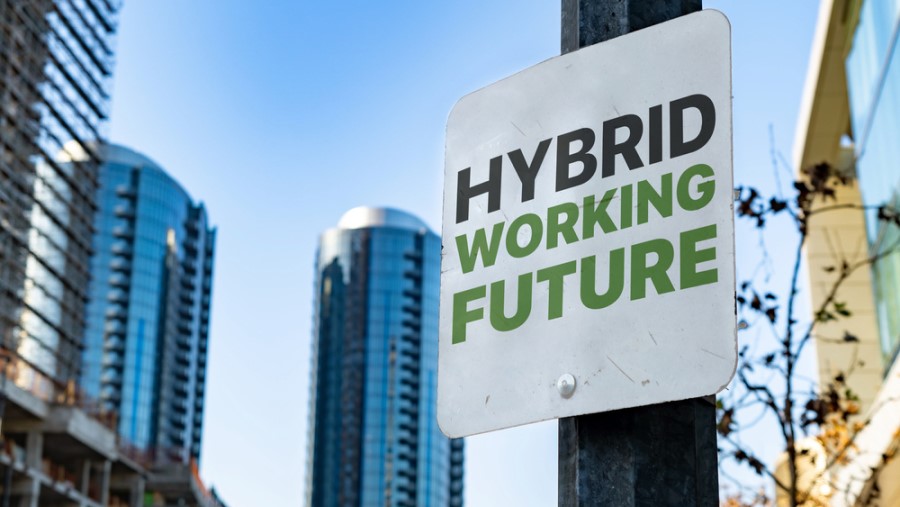Hybrid working: key tax considerations for employees working from home

Employers have assessed that a balance is to be struck between the benefits of working at home and those of time spent in the office collaborating, training and mentoring junior staff, meeting clients and providing a space for those for whom working at home is more challenging.
Reports have shown that a large percentage of UK employers are looking to introduce hybrid working going forward, with the BBC finding that almost all of 50 of the UK's biggest employers do not plan to bring staff back to the office full-time. Those moving permanently to hybrid/agile working will need to consider the legal, HR and employment tax implications.
ACAS has recently published helpful guidance on hybrid working. The guidance sets out the key points which employers should consider, including consulting and preparation, creating new hybrid working policies, treating staff fairly and providing appropriate support and management for staff.
Key issues not covered by the guidance are the tax implications arising from hybrid working, particularly as some exemptions come to an end in April 2022. Any employers moving to hybrid working should consult their employment tax advisers in advance to make sure that there are no unexpected tax consequences arising from new working models.
Key considerations include:
Homeworking tax exemptions
Certain temporary tax exemptions were introduced from 2020/21 to support those required to work at home due to Covid-19. These include:
- The homeworking allowance, which is a tax exempt amount of £6 per week that can be claimed by employees (through their tax code) who were required to work at home even for just a day. No evidence is required to support the claim. Employees can claim online and enjoy the benefit through the tax year as a result of an adjustment to their tax code.
Prior to 2020/21 the exempt amount was £4 and only applied to payments made by the employer, and the employee worked from home under a formalised homeworking arrangement. - Employees working from home on a long-term basis often require home office equipment. In May 2020, the government introduced “a temporary tax exemption and National Insurance disregard” for expenses reimbursed by the employer where the equipment enables the employee to work from home as a result of the pandemic, and where it would have been free of tax if provided to the employee by the employer.
These reliefs were extended to 6 April 2022 but it is unclear what will then happen and whether the previous regime will be reinstated.
Other reliefs for working from home
In the meantime, employers should consider the following:
- If the homeworking allowance is not claimed, employers can reimburse tax free costs of homeworking which an employee is required to incur and are incurred wholly, exclusively and necessarily in the performance of the duties of the employment.
- If not reimbursed, employees can claim relief but will need to be able to prove costs incurred.
Business travel
Changing an employee’s permanent workplace can have an impact on the treatment of ‘business travel’. Travel to the permanent workplace is ‘normal commuting’. Business travel from that workplace, to a temporary workplace is business travel and certain expenses can be reimbursed tax free. However, where an employee works from home this does not necessarily mean that becomes their permanent workplace.
For home to be a permanent workplace the arrangement needs to be carefully structured and travel to an office may still be taxable, so it is recommended that advice is taken if such costs will be reimbursed.
Homeworking offshore
Some businesses have discovered during the pandemic that employees are homeworking from a non-UK location. This presents a number of issues and it is important to check local withholding and social security obligations as well as any other regulatory requirements. It is also important to consider whether the worker’s role will result in a ‘permanent establishment’ arising in that jurisdiction and, as such, an unexpected taxable presence for the UK business.
Summary
So while employers draw up their policies for hybrid working there is still uncertainty as well as regulatory obligations to manage: dealing with these appropriately will be critical in establishing a cost-effective hybrid workplace for a modern workforce.
The author is Caroline Harwood, partner - national head of employment tax at BDO.






